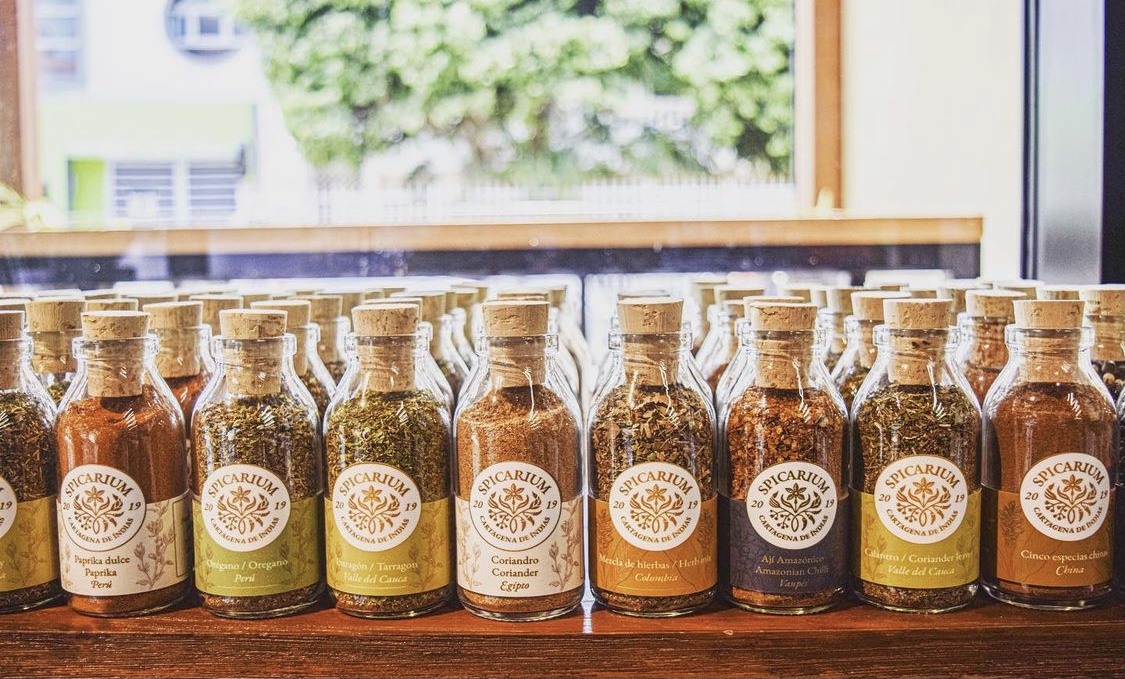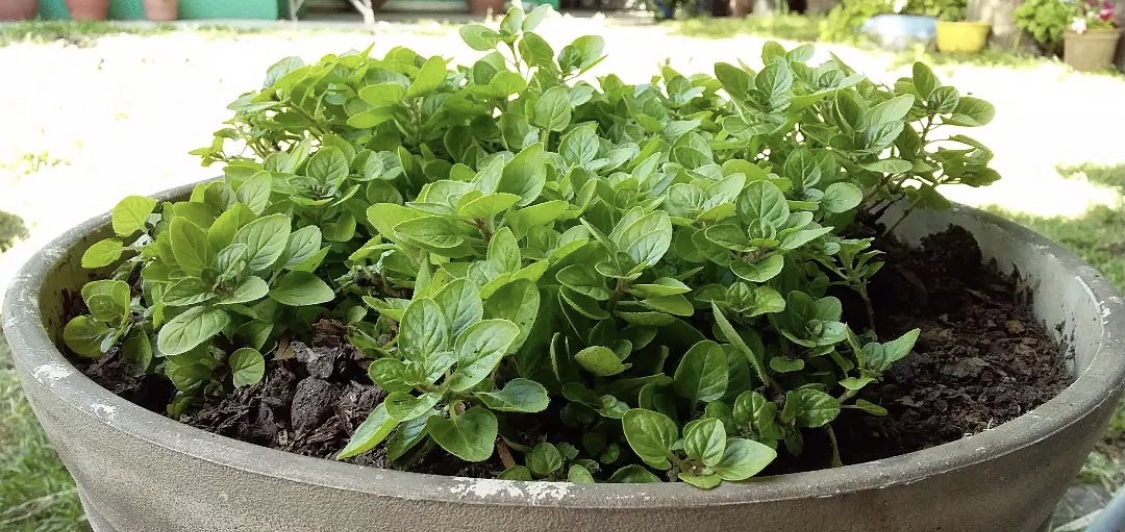The European Commission has dismantled the composition fraud of various spices. Among which is predominantly the oregano We tell you all the data here.
The European Commission reveals the fraud
Normally when we buy any food or product we trust what it says on the label. However, many times these do not say exactly what they are selling us. We could say that they are a fraud. This is confirmed by a study by the European Commission. This investigation concluded with results that clarified that part of the content of spices for sale is adulterated. overcoat of oregano. Almost half of its components, the 48%, is a mixture with olive leaves. I mean, a lie.
It is not the only spice that does not reach our homes in an integral way. Added 'extras' to pepper have also been discovered, cumin, turmeric, saffron and sweet paprika or chilli too. However, fraud in these products is much lower than in the case of oregano. And, it is that, the European Commission has investigated the authenticity of these six spices and herbs aromatic. After the OCU, Organization of Consumers and Users, having detected cases of this deception.

Those in charge of carrying out this research have been the JRC Joint Research Center (Joint Research Centre). They have been responsible for revealing these results and thus pointing out the manipulation of these spices.
How was the investigation carried out?
To carry out this study, the JRC obtained 1.885 products from the 21 countries of the European Union. In this way, Norway and Switzerland also contributed part of their spices, despite the fact that they are not countries belonging to the EU. In order to obtain a score as faithful to reality as possible, Various analytical techniques were used last generation. A total of 9.926 analyses.
Once all the European spices have been collected, it is important to remember that most of these are imported. Around 300.000 tons per year arrive in Europe from Asia. In addition, the study recalls that "the distribution chain is long and complex". This study was carried out following the control plan coordinated by the European Union. Focusing, above all else, on its condiments. More than anything in those that have a greater number of registered alerts in the EU due to authenticity issues.
The final results conclude that the greatest risk of adulteration of spices is suffered by oregano. Because 48% of its analyzed content showed traces of adulteration. follows him pepper, with 17% and cumin with 14%. Lower percentages have been shown for turmeric and saffron with 11% and for sweet paprika with 6%.

The spices are adulterated, but how?
The study identifies fraud in various ways. In most cases it occurs at mix the spices with the remains of other undeclared vegetables. Which can cause a big problem produce allergies. As the real ingredients are not fully indicated, allergic and sensitive people to these other components can consume them. In addition, in 2% of the samples analyzed sand unauthorized dyes were found.
Although in some spices, such as saffron, it has been detected more frequently. These unauthorized colorants were found in 12 of 141 of the samples investigated.
@niusdiario ➡️Spices adulterated: what really contains a jar of oregano, pepper or cumin, according to the EU #realfood #kitchen room #spices #realfooding #healthy food
The OCU has expressed itself in this regard and has denounced that "These adulterations suppose a consumer deception, that you are paying a high price for a product with inferior features. Without a doubt, the volume of fraud detected is high. Hence OCU asks the competent authorities to reinforce the controls about the industry. A request that is in line with the recommendations of the European Commission in its report”.
The words of the OCU also convey our opinion. To which is added the importance of emphasize that it is no longer just an economic fraud, but can also affect health. So we demand a most reliable certification of the spices that we finally acquire and consume. Do you think different? Have you ever suffered a food fraud?






